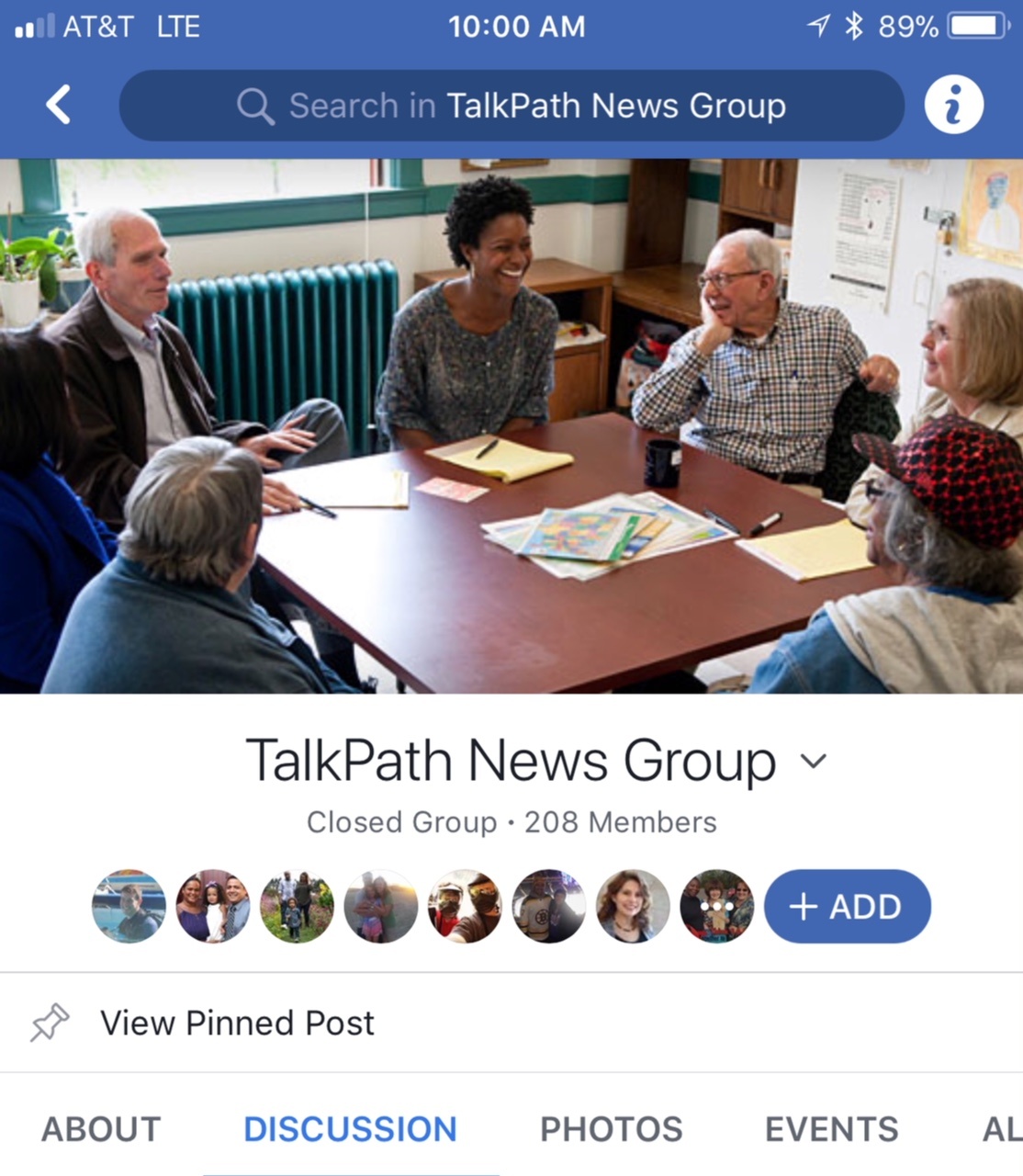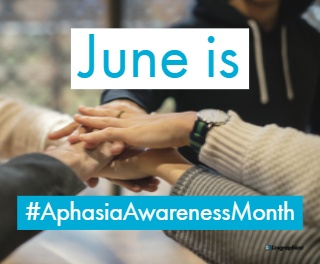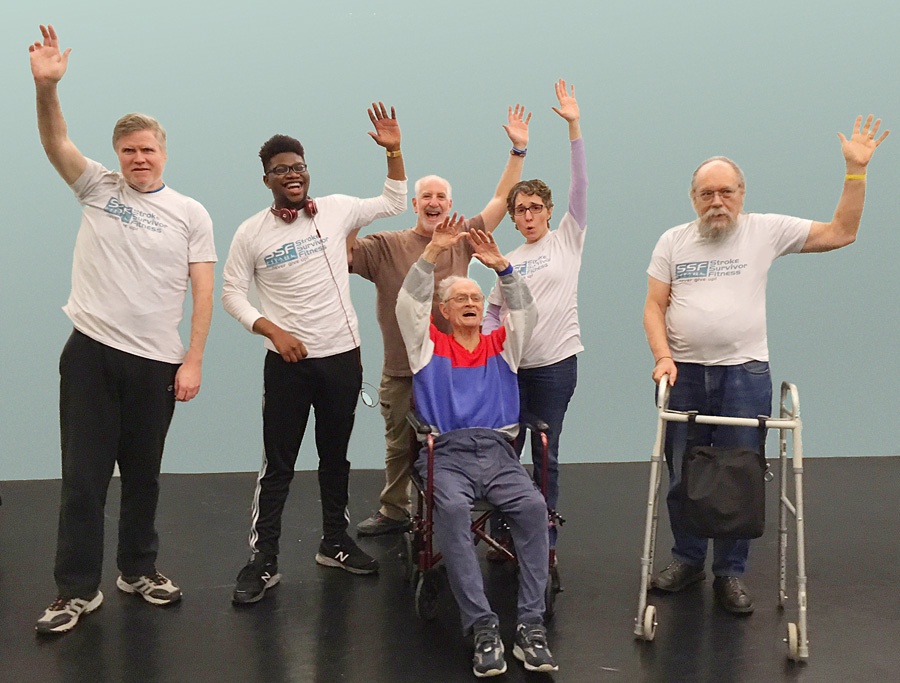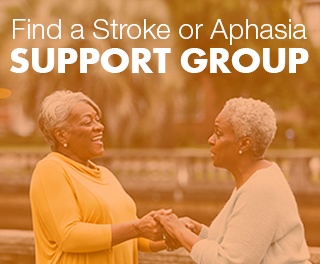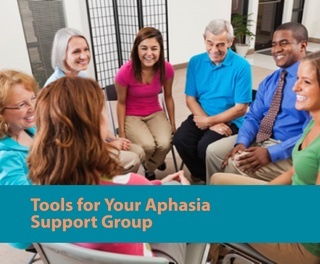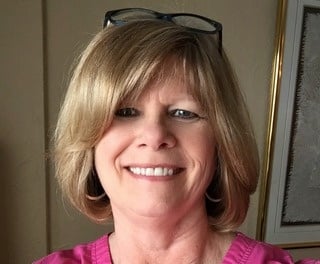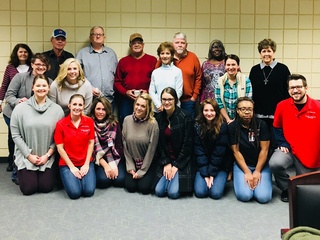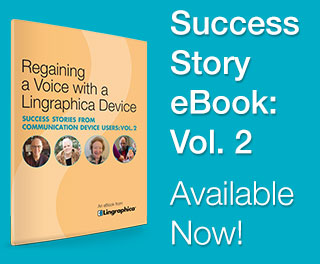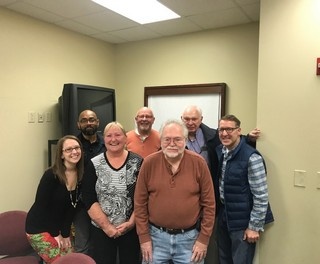June was National Aphasia Awareness Month, and as part of our mission to give aphasia a voice, we posted daily polls in our TalkPath News Facebook group asking members about their experiences with aphasia. Read on for the questions and results of our polls, as well as what we learned.
June is National Aphasia Awareness Month. Join us as we raise awareness of this little-known condition that affects 34% of stroke survivors.
Aphasia
For someone who has survived a stroke, getting regular exercise is vitally important. Standard fitness options may not be available or accessible, so Stroke Survivor Fitness classes were developed to accommodate a stroke survivor’s specific physical, neural, and emotional challenges.
Life changes suddenly after a stroke. Survivors often face a new reality consisting of difficulty walking, talking, and caring for themselves. As such, caregivers including a spouse, a neighbor, or a grandchild typically step in to administer care and handle household chores for the survivor. While adjustment is difficult for the person with aphasia, it can be taxing on the family, too.
Not being able to speak is not the same thing as not having anything to say. For many, living with aphasia equates to a constant struggle for communication, and social isolation can be a primary concern for people with communication and/or mobility challenges. Engaging with online communities such as news sites and social media allows people with aphasia to connect to one another and to the rest of the world, offering an otherwise unavailable outlet and channel of communication. With these challenges in mind, Lingraphica created the TalkPath News Facebook group: a social media networking group for stroke survivors, people living with aphasia, their family members, and professionals in the field.
Experiencing a stroke is a life-changing event. Whether it’s you or a family member, you probably have a lot of questions about life after a stroke and treatment options. This is normal.
Robin Hintz is a 12-year speech-language pathologist in Minneapolis, MN, who works with adult clients who have language and swallowing disorders due to acquired brain injury. She tried Lingraphica's family of apps several years ago with her clients, and she's been a big fan ever since.
Dealing with aphasia can be a long, hard road for many. Thankfully, there are organizations dedicated to helping and supporting that journey. Meet the Aphasia Conversation Lab in Beaumont, Texas and the services it provides to people who have aphasia.
One of the best parts of working for a company whose mission is to improve the quality of life for people is not only seeing that happen, but telling those stories so that others may have hope. At Lingraphica, we have the privilege of hearing some incredible stories of people who have regained their voice after stroke, disease, or injury. Here are four from 2017.
Dealing with aphasia can be a long, hard road for many. Thankfully, there are organizations dedicated to helping and supporting that journey. Meet the Fredericksburg Area Support Group in Virginia and the services it provides to people who have aphasia.


